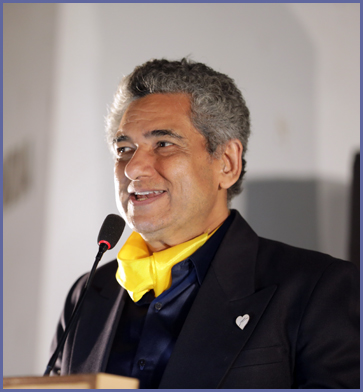There are many noble pursuits that present themselves to dedicated women and men, but perhaps none so praiseworthy as being purveyors of education. This proposition becomes even more accentuated when the country in question is India. India is one of the youngest countries in the world, and its demographic dividend is likely to benefit not just itself, but most societies and communities the world over in the decades to come. Empowering India’s children will mean reducing inequities and potentially.
The school promises an intimate association between students and faculty and is often considered a second home by most, if not all its pupils, and it remains so for the best part of their lives. A sense of belonging and family envelops most offering a better future for them and for the whole world.
If India’s children are called upon to play such a defining role, and it is already the case and will be even more so, they need to be rooted in their own civilisational heritage yet have their windows open to the world. It should be at once a robust tradition of national education that finds itself comfortable and sees no contradiction with a broad international outlook. It should be an education that seizes on the best the past has to offer but looks forward with confidence and a sense of adventure to the future.
Well into 75 years of independence, India is struggling to implement a national agenda of education. Yet to be successful, such an agenda will need, not just the wording of a policy document, but missionary zeal, fervour and inspiration. It will need to benchmark itself on successful experiments that have been conducted in this sphere and seek to extrapolate those learnings in a wider spectrum.

